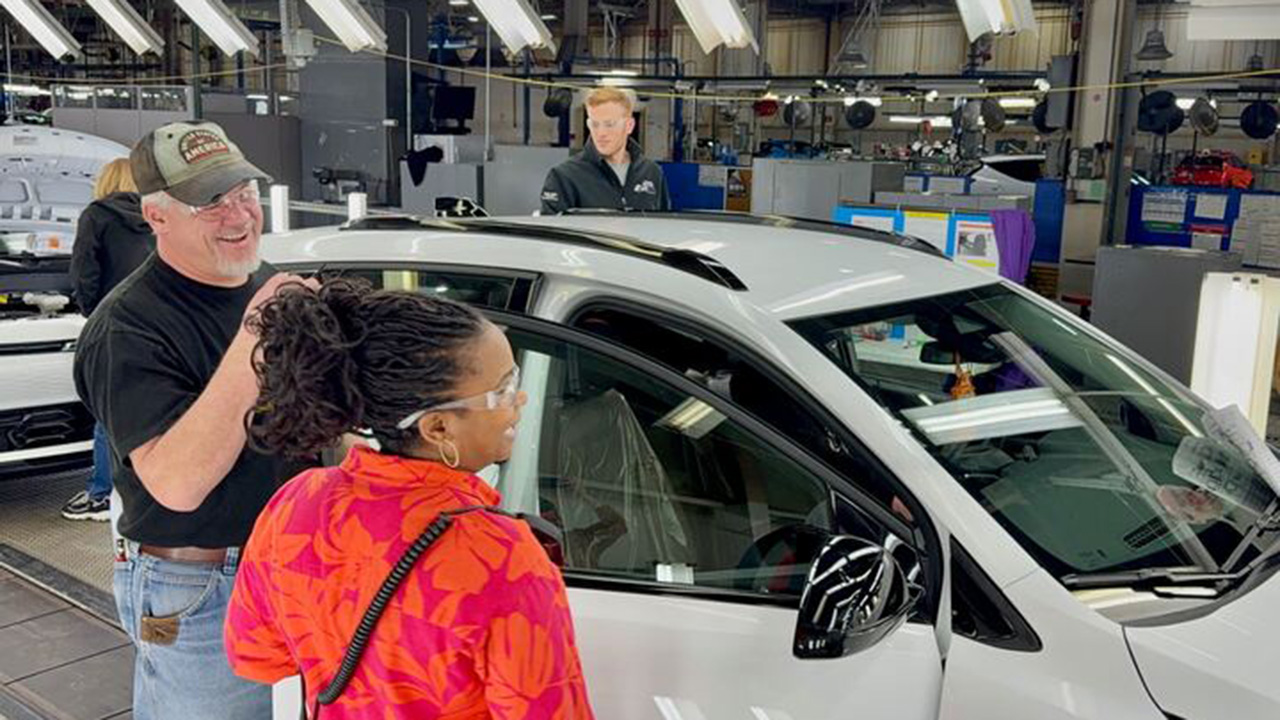How AI is shaping the future of CRMs in real-world sales workflows

Sales is moving too fast for static tools. Reps are juggling email threads, CRM notes, LinkedIn DMs, and wasting hours on tasks that do not move the deal forward.
Traditional CRMs were built to store data. But storing is not selling. What modern teams need is orchestration: a system that does not just record, but connects conversations, insights, and actions across every channel.
That is where AI comes in. Acting as a real-time operating layer, it replaces admin with action. It does not just track. It executes, driving coordinated outreach, enriching contact data, and surfacing high-impact opportunities the moment they appear.
3 key shifts in how AI is transforming CRM platforms
1. From data storage to intelligent systems: Most CRMs still behave like digital filing cabinets. They are full of information but offer little insight. AI changes that. It does not just track activity; it analyses, learns, and takes action.
It looks at rep behaviour, buyer signals, and recent conversations to suggest next steps that actually move the deal forward. There is no need to keep checking the CRM. Now, it checks in with you. This means less admin, fewer missed signals, and more time spent selling.
2. Real-time personalisation at scale: AI makes it possible to personalise outreach at speed without losing relevance. From adjusting the tone of an email to referencing a recent job change or LinkedIn post, reps can deliver contextual messaging across multiple channels without extra manual work.
The result goes beyond automation. It creates a real-time connection. Buyers feel understood. Messaging feels tailored. That is what builds trust and accelerates conversion.
3. Predictive analytics and lead scoring: Not every lead deserves the same attention. AI helps sales teams prioritise smarter, using a blend of behavioural signals, past engagement, and intent data to surface high-potential prospects.
Instead of chasing every name in the CRM, reps can focus on the ones most likely to convert, and at the right moment. The payoff: more targeted outreach, less wasted effort, and a pipeline that is not just full but predictable..
Implementing AI in CRMs: What stands in the way
AI creates the most impact in the areas where sales teams lose time: repetitive, manual tasks. Activities like updating records, chasing follow-ups, and logging information slow down the sales process. It can take over these tasks in the background, running them quickly and accurately. But adopting AI into a CRM is not just a simple upgrade. It requires a shift in how teams work, and that shift often comes with real friction.
One of the biggest challenges is data privacy and compliance. AI depends on behavioural signals, intent data, and personal identifiers, which means dealing with sensitive information. Without clear policies and a privacy-first approach, automation can cross legal or ethical boundaries. Getting compliance right from the beginning is not optional. It is essential.
Technical complexity is only part of the issue. AI must not compromise the human connection. If sales messages begin to feel like machines talking to machines, especially in high-stakes B2B conversations, trust quickly breaks down. The goal is not to replace salespeople. It is to automate low-value tasks so they can focus on building real relationships.
There is also the challenge of working within an existing tech stack. Many teams still rely on outdated systems that were not built with AI in mind. When data is scattered and workflows are unclear, adding automation can cause confusion rather than clarity. This is why the most effective teams start small, run quick tests, and build around the tools and habits their salespeople already use.
What experts are seeing in AI-powered CRM adoption
AI is becoming a core part of modern sales operations. The most agile teams, especially in fast-paced B2B markets, are using it not only to automate but also to scale without increasing headcount.
However, success depends less on the technology itself and more on how naturally it fits into existing workflows. When AI supports and enhances what teams are already doing, the adoption tends to be smoother and more effective.
Industry analysts are seeing the same trend. CRMs are evolving from static databases into adaptive systems that respond in real time. With features like smarter lead scoring, integrated multichannel outreach, and instant insights, AI is not replacing sales teams. It is helping them work faster, stay focused, and close more deals with less effort.
Real-world examples: What AI in CRMs actually delivers
AI in CRMs is no longer just a concept. It is already delivering measurable results across real-world sales workflows.
- Raona, a fast-growing SaaS company with a six-person SDR team, had been spending nearly two hours each day on manual data entry and contact cleanup. By automating tasks such as lead enrichment, contact validation, and scoring, they reduced admin time by 75%. This freed up capacity for more outreach and led to a 35% Increase in qualified pipeline volume within the first month.
- Elsa Consulting, which had another B2B sales team, faced challenges with fragmented outreach across email, LinkedIn, and calendar tools. By integrating AI-driven messaging across those channels and syncing them within a single CRM workflow, the team achieved a 22% boost in reply rates. The improvement came from better timing, clearer context, and greater consistency.
These examples highlight a clear pattern. AI is most effective when applied with purpose. It is not about flashy tools. It is about removing friction, reducing noise, and helping sales teams focus on having the right conversations with the right people at the right time.
What to look for in an AI-ready CRM platform
Choosing a CRM that is ready for AI means looking beyond surface features. It is about how well the system can adapt, scale, and support your team. Here are some key features to evaluate:
- Multichannel automation (email, LinkedIn, chat)
- Real-time data enrichment
- Predictive lead scoring
- Easy integration with your existing stack
- Clear analytics for tracking performance
These are not extras! They are the foundation of an AI-driven sales engine. One common mistake is expecting AI to fix broken processes. If your data is messy or your workflow unclear, AI will only amplify the noise. Another mistake is over-automating too soon. Start with clear goals, test in small cycles, and make sure real users are part of the setup. AI works best when it is grounded in real needs, not hype.
The bottom line: AI is reshaping sales, with or without you
AI is no longer a nice-to-have feature. It is becoming the core operating layer of modern CRM systems. From intelligent lead scoring to multichannel coordination and automated enrichment, the way sales teams operate is changing quickly. The gap between companies that adapt and those that do not continues to grow with every quarter.
The businesses seeing real impact are not just adding AI tools to their stack. They are rethinking how sales is done. They are removing friction, simplifying outreach, and giving reps the one thing they need most: more time for high-quality conversations.
There are challenges involved in implementing AI. However, waiting for the perfect moment is often the quickest way to fall behind. The most successful teams start with small steps, learn quickly, and build around what already works.
The future of sales is not about doing more. It is about focusing on what matters and doing it better, faster, and at scale.
The post How AI is shaping the future of CRMs in real-world sales workflows appeared first on EU-Startups.















































